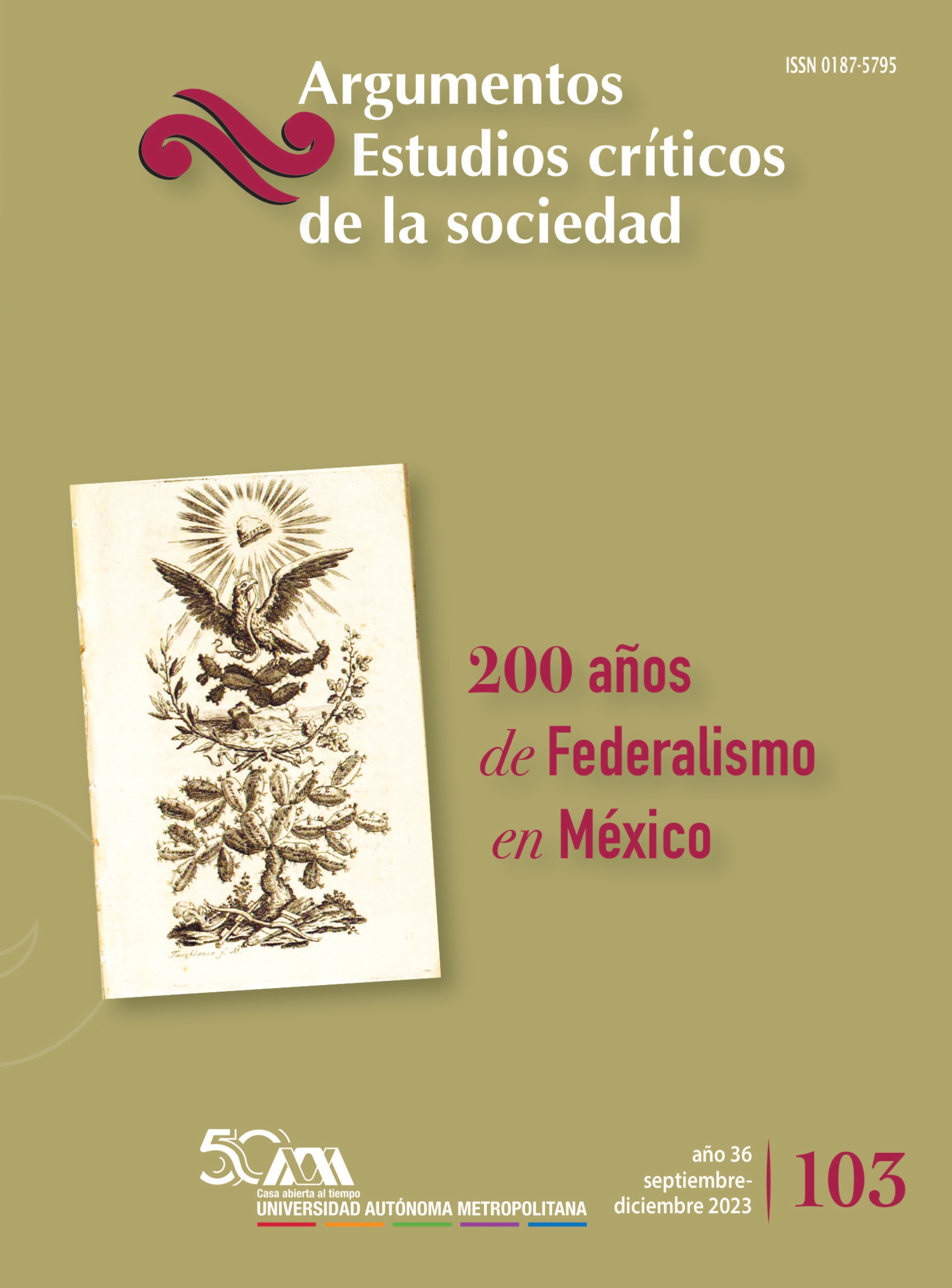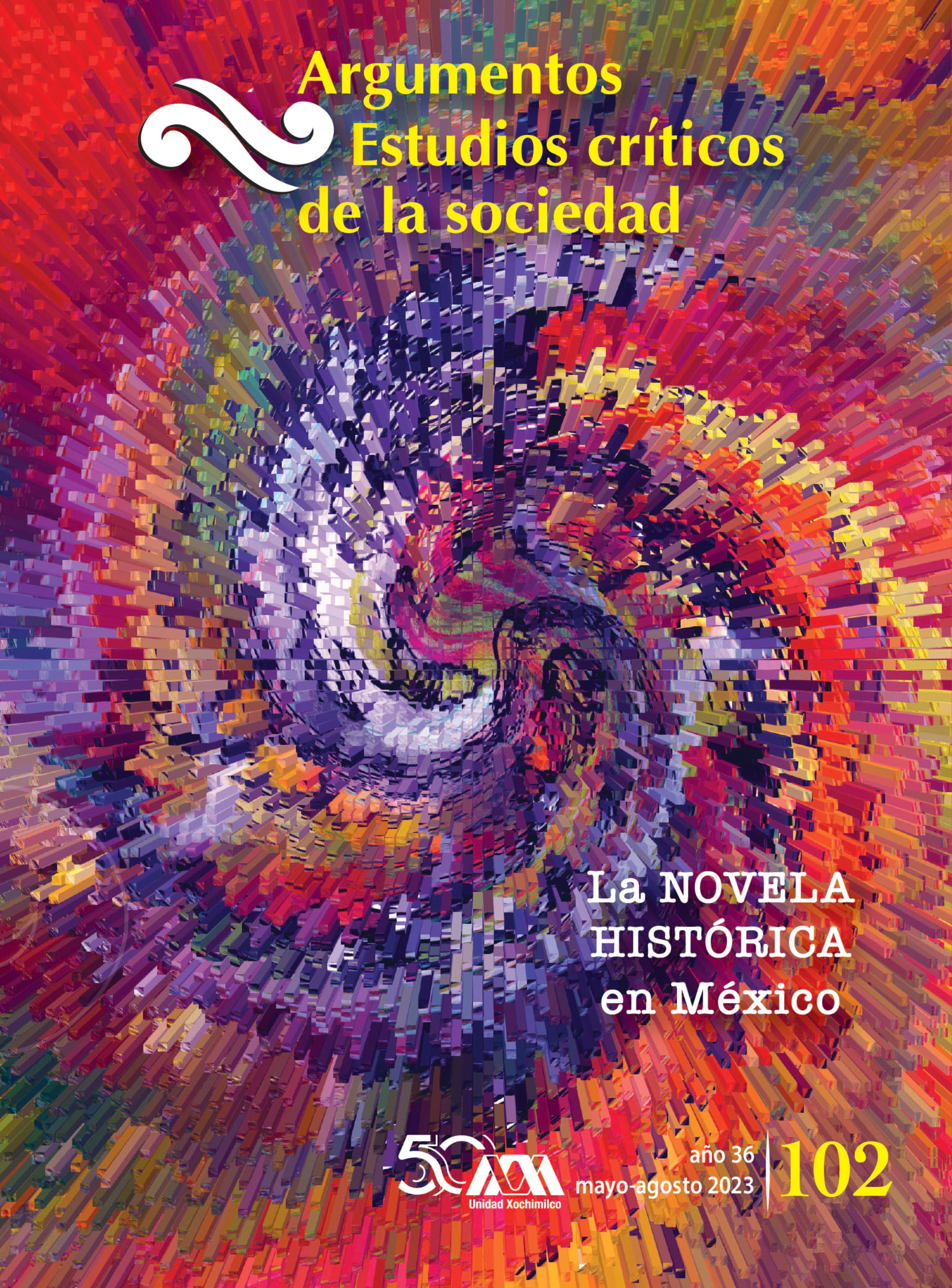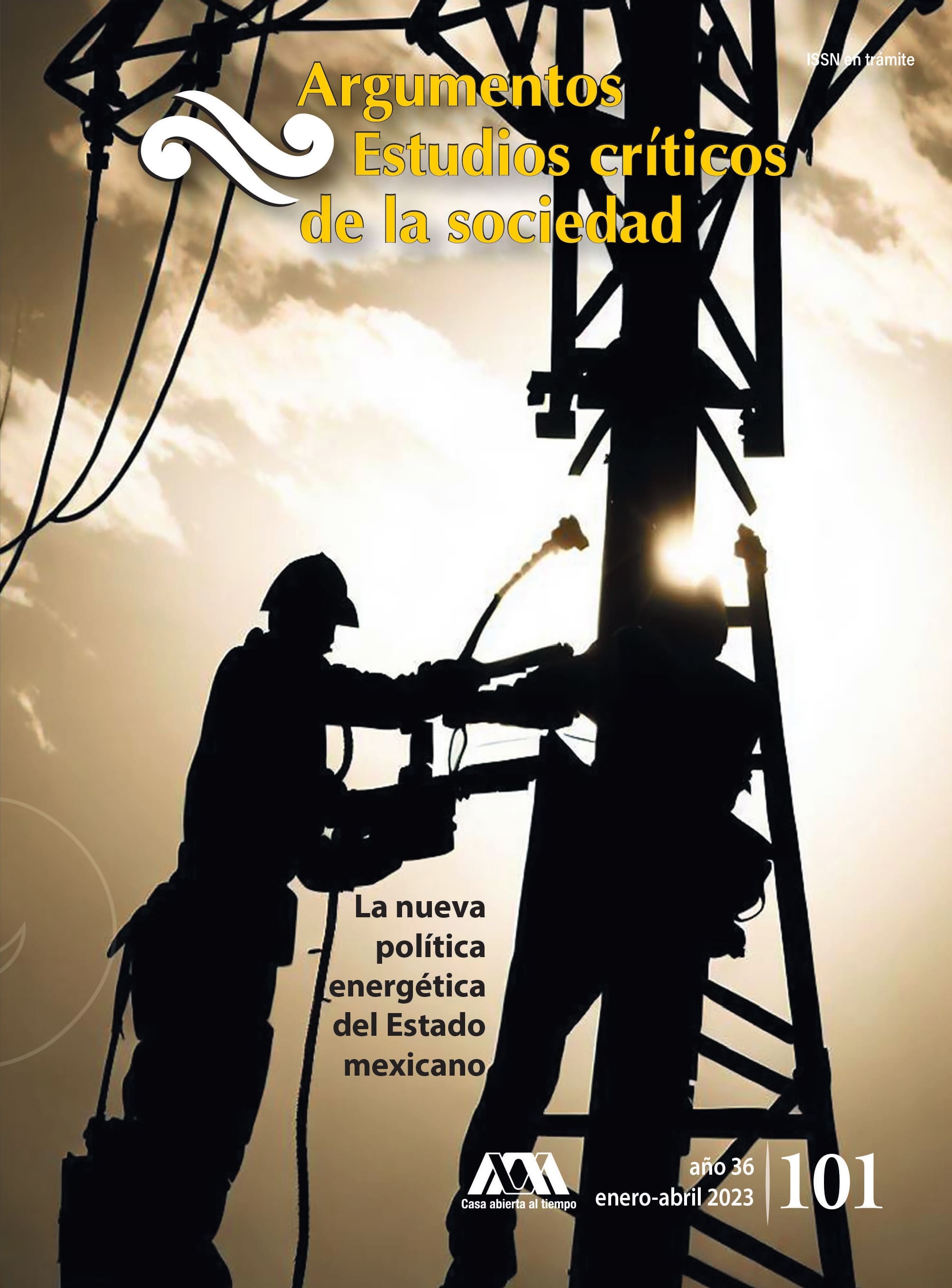Estrategia de desarrollo sustentable para generar alimento y empleo
El gusano cuchamá en Zapotitlán Salinas, Puebla, México
Abstract
During the past 25 years, the building of sustainable productive alternatives has been led by indigenous and peasants communities. The project “Sustainable development strategy to generate food and employment: The cuchamá worm in Zapotitlán Salinas, Puebla, Mexico”. is an other example of how the combination of self-management, sustainability, technological synergy and autonomy can result in a high nutritional value product able to integrate the market at an attractive price. The project offers a good experience of new initiatives that contribute to improve the socioeconomic and ecological conditions of these communities that try to find alternatives due to the globalization whose international economic integration pattern impoverishes the country. The analysis uses the fundamental elements of the ecological economy, i.e. multidisciplinarity, methodological plurality and historical openness, to explain the process by which this productive alternative raises the quality of life of the community in ecological, social and economical terms. Key words: ecological economy, self-management, sustainable alternative.








